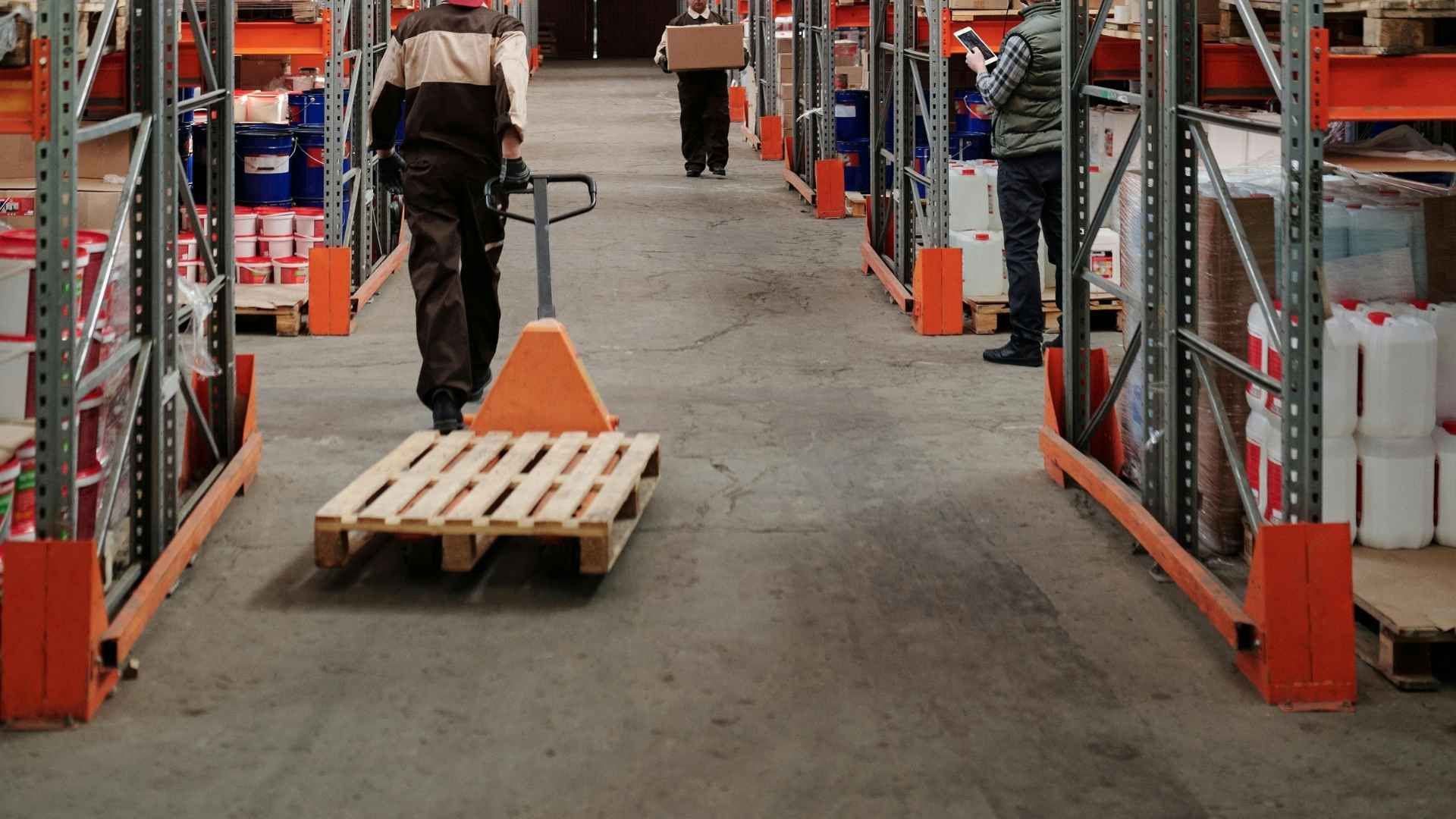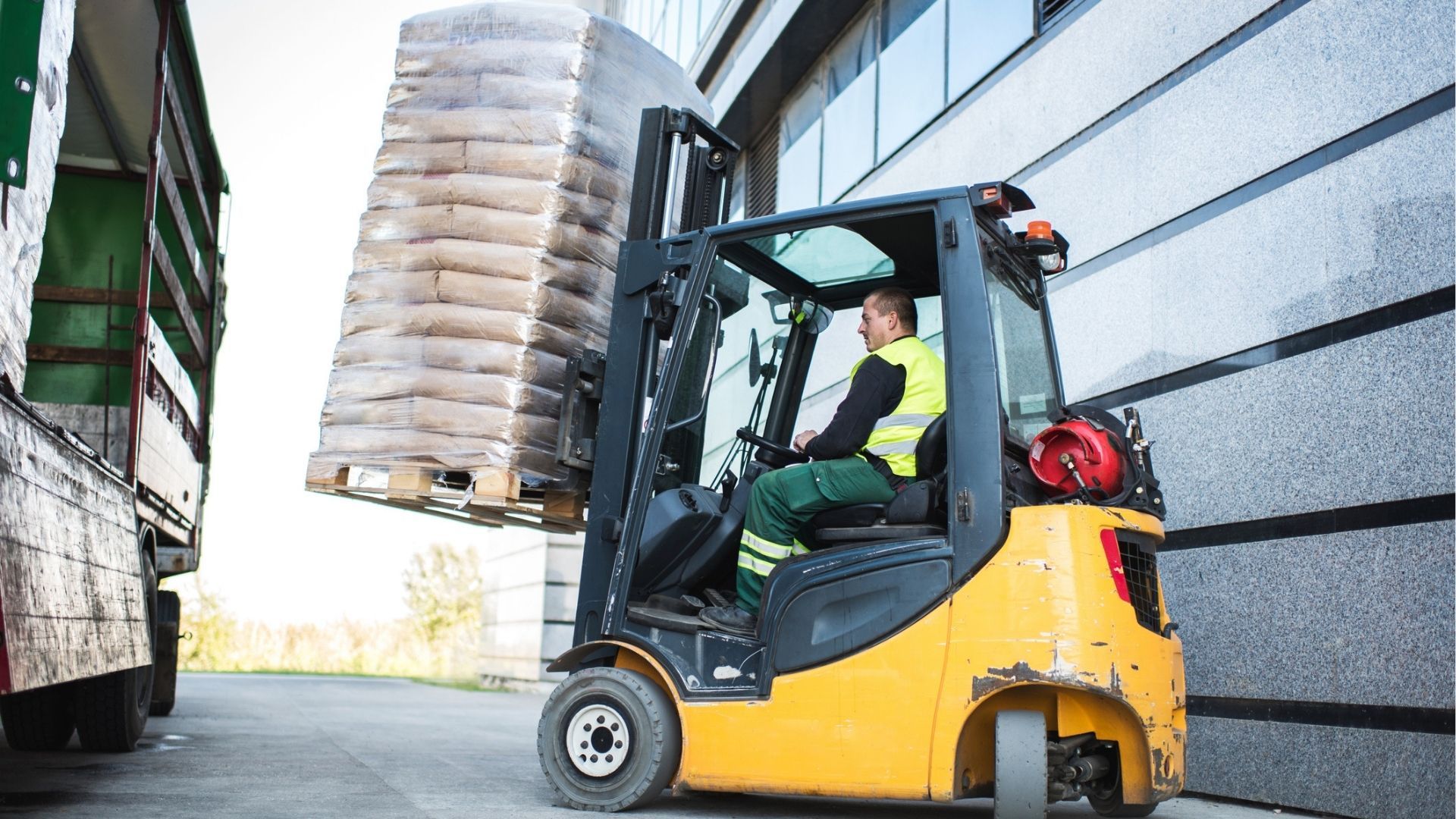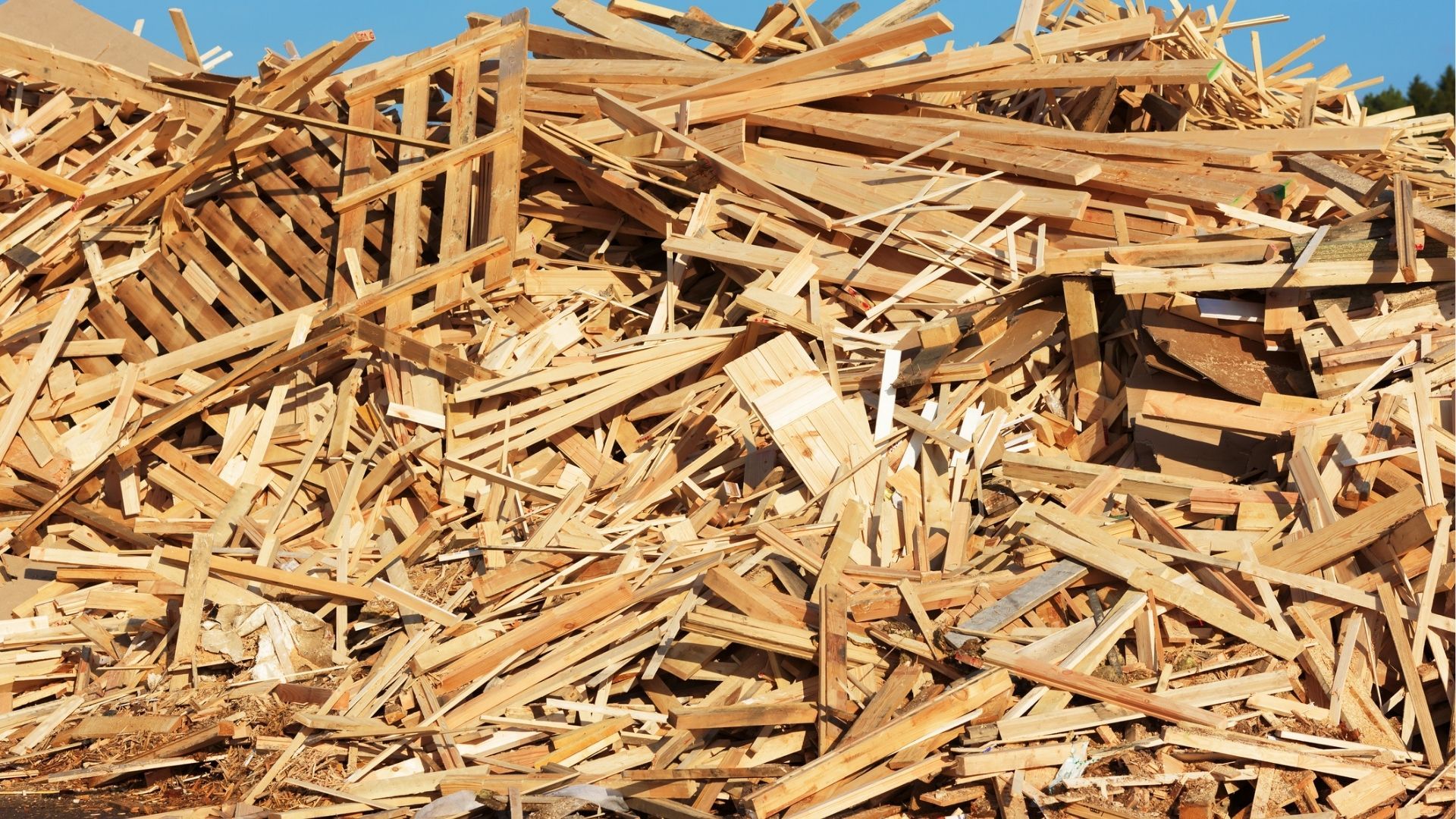How Pallet Design Impacts Supply Chain Efficiency
Pallets may seem simple, but their design can make or break supply chain efficiency.

Whether you’re moving products across town or across the country, the right pallet design can help reduce costs, minimize product damage, and increase overall operational speed. In this post, we’ll explore how strategic pallet design choices can improve warehouse operations, transportation efficiency, and overall supply chain performance.
Why Pallet Design Matters
Pallets serve as the foundation of modern logistics. They support goods during storage and transport and are used in nearly every stage of the supply chain—from manufacturing and warehousing to distribution and retail delivery.
A well-designed pallet improves:
- Load stability
- Forklift handling
- Space optimization
- Durability and reusability
- Compatibility with automation systems
In contrast, a poorly designed pallet can lead to increased handling costs, product damage, and shipping delays.
1. Optimizing for Weight and Load Capacity
Pallets come in different styles, including block pallets, stringer pallets, and custom-built pallets for non-standard loads. Using the right type of pallet for your product's weight and distribution prevents overloading and reduces the risk of breakage during transport.
Lightweight products may benefit from custom-designed pallets that reduce unnecessary wood usage, while heavier or uneven loads require reinforced designs or additional bottom deck boards for stability.
2. Standardization Improves Efficiency
Using standardized pallet sizes—such as the common 48x40-inch GMA pallet—helps streamline operations across your supply chain partners. Standard sizes are compatible with most racking systems, forklifts, and transport equipment, reducing the chance of logistical hiccups.
If your business is scaling or frequently ships across borders, investing in standardized heat-treated pallets (HT pallets) is crucial for ISPM-15 compliance and international efficiency.
3. Impact on Warehouse Storage and Stacking
Pallet design directly affects how efficiently goods can be stacked and stored in warehouses. Nestable or stackable pallets can help maximize vertical storage space and reduce floor clutter. Pallets with four-way entry make it easier for forklifts to pick them up from any direction—boosting speed and flexibility in tight warehouse environments.
Custom-cut pallets can also be designed to match the exact footprint of your products, reducing void space and maximizing every inch of your warehouse.
4. Reducing Product Damage During Transport
Poorly designed pallets can lead to tipping, load shifting, and product damage, especially during long-haul shipping. Pallets with wide deck boards, edge protectors, or anti-slip surfaces provide more secure support and help prevent shifting during transit.
For fragile or irregular-shaped items, custom pallets designed with bracing or padding support can dramatically reduce breakage and customer returns.
5. Sustainability and Reusability
A pallet designed for durability and multiple-use cycles reduces the need for frequent replacements, cutting down on wood waste and cost over time. Some companies opt for recycled wood pallets or hybrid wood-plastic pallets to balance sustainability with strength.
Reusable pallet programs can also lower your environmental footprint and support your company’s ESG goals.
6. Compatibility with Automated Systems
As more warehouses adopt automation, pallet compatibility with automated guided vehicles (AGVs), conveyor systems, and robotic palletizers is becoming increasingly important. A consistent pallet footprint, minimal warp, and precision construction allow machines to operate smoothly without jams or delays.
If you’re upgrading to a smart warehouse, now is the time to evaluate how your current pallet design aligns with automated system requirements.
The Bottom Line
Choosing the right pallet design is more than just a packaging decision—it’s a strategic move that can enhance your entire supply chain. At M7 Pallets, we specialize in designing and manufacturing pallets that fit your operational needs, whether you need custom wooden pallets, heat-treated export-ready pallets, or standard 48x40 options.
Need a Better Pallet Solution?
Contact us today to request a free quote or pallet design consultation. Discover how the right pallet can drive down your shipping costs and improve warehouse performance.
📞 Call us now: (678) 532-8404
📍 Serving Atlanta, North Georgia, and surrounding regions

Michael Mack
M7 Pallets, Business Owner
I’m Michael Mack, the owner of M7 Pallets, and I want to personally invite you to experience the difference that our pallet solutions can make for your business. I understand that pallets are a crucial part of your operations, and choosing the right pallets can significantly impact your success.
Whether you’re a small business owner in Atlanta or throughout North Georgia, I am here to simplify the pallet selection process for you. At M7 Pallets, we offer a wide range of pallet types, including new wood pallets, custom wood pallets, recycled or used pallets, and heat treated pallets. I am committed to helping you find the perfect pallet solution that fits your unique needs and budget.
Reach out to us today. Let’s start a conversation about how M7 Pallets can streamline your supply chain, improve efficiency, and save you money. I am ready to assist you in making informed decisions about pallets, so you can focus on what matters most – growing your business.



